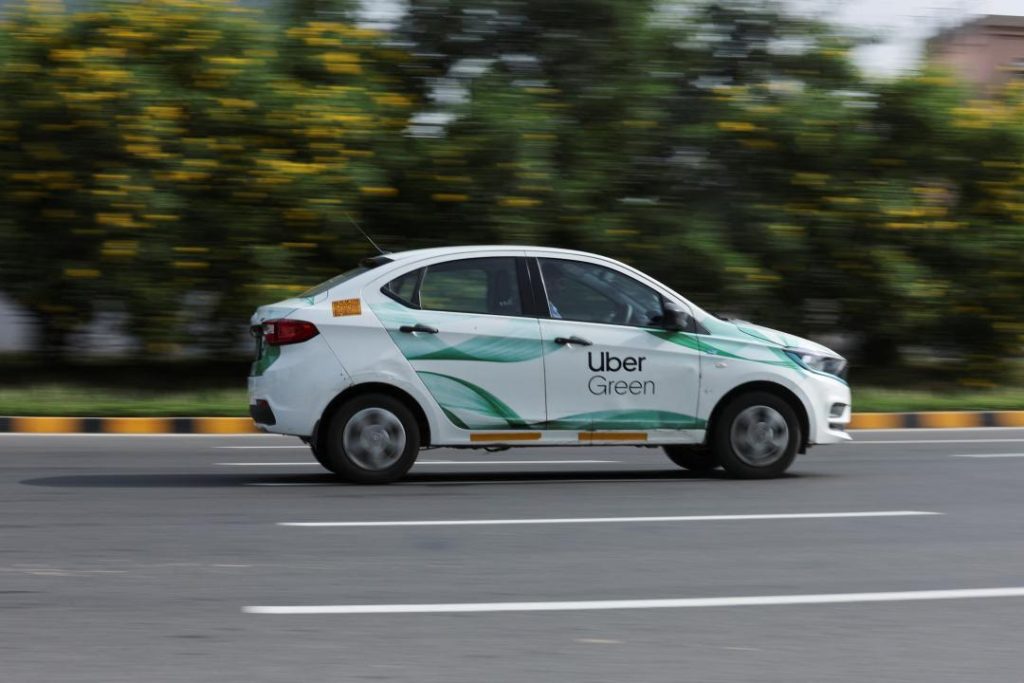
Why are Ola, Uber & Rapido drivers on indefinite strike in Mumbai?
The streets of Mumbai have been witnessing a disruption in the ride-hailing ecosystem, with drivers of Uber, Ola, and Rapido going on an indefinite strike. This has resulted in longer wait times and fewer cabs on the road, causing inconvenience to commuters. But what’s behind this strike?
According to reports, drivers are unhappy with the commissions deducted by the aggregators and the low earnings they receive after deducting fuel expenses. As per the drivers, after deducting aggregator commissions and fuel expenses, their actual income falls to just ₹8-12 per kilometre. This, they claim, is unsustainable amid rising fuel and maintenance expenses.
The strike, which began on October 21, has caused a significant impact on the daily commute of Mumbaikars. With fewer cabs on the road, people are facing longer wait times and are forced to opt for alternative modes of transport. The strike has also led to a surge in the prices of autos and taxis, further adding to the woes of commuters.
So, what are the reasons behind the strike? Let’s dive deeper to understand the concerns of the drivers.
Low Earnings
The primary reason for the strike is the low earnings that drivers receive after deducting aggregator commissions and fuel expenses. A driver, who wished to remain anonymous, told NDTV, “After deducting the aggregator’s commission and fuel expenses, I am left with just ₹8-12 per kilometre. This is not enough to sustain myself, let alone pay for my expenses.”
Another driver, who has been working with Ola for over a year, shared his experience. “I have to pay ₹30,000 per month as a loan instalment, and I don’t think I can continue like this. I am not even earning enough to pay for my family’s expenses.”
Rising Fuel and Maintenance Expenses
Rising fuel and maintenance expenses are another major concern for the drivers. With the increasing fuel prices, the cost of running a cab is becoming unsustainable. “My fuel expenses have increased by 20% in the last quarter, and I am struggling to make ends meet,” said a driver who works with Rapido.
Maintenance expenses are also a significant burden for the drivers. “My car requires regular maintenance, and the cost of maintenance has increased significantly. I am not earning enough to cover these expenses,” said another driver.
Commission Rate
Another issue that drivers are facing is the commission rate charged by the aggregators. According to reports, the commission rate can range from 15% to 25% of the fare. This means that for every ride, the driver receives a significant portion of the fare, leaving them with very little.
A driver who works with Uber told NDTV, “I have to pay a commission of 20% on every ride. This means that for every ₹100 ride, I receive only ₹80. How can I sustain myself on such low earnings?”
Alternative Options
Some drivers are considering alternative options, such as driving for other aggregators or switching to other modes of transport. “I am considering driving for other aggregators, like Jugnoo or Savaari, which offer better commissions and higher earnings,” said a driver who works with Ola.
Others are exploring alternative modes of transport, such as driving for food delivery apps or working as a taxi driver. “I am considering driving for food delivery apps like Zomato or Swiggy. At least, I will have a stable income and can support my family,” said a driver who has been working with Rapido.
Impact on Commuters
The strike has caused significant inconvenience to commuters, who are forced to opt for alternative modes of transport. “I had to spend an extra hour on the road today. I am not sure when the strike will end,” said a commuter who was heading to work.
The strike has also led to a surge in the prices of autos and taxis, further adding to the woes of commuters. “I had to pay ₹200 for a ride that usually costs ₹100. The strike has caused a significant burden on my daily commute,” said another commuter.
Conclusion
The strike by Ola, Uber, and Rapido drivers in Mumbai has caused significant disruption to the daily commute of Mumbaikars. The drivers are unhappy with the low earnings they receive after deducting aggregator commissions and fuel expenses. The strike has resulted in longer wait times and fewer cabs on the road, causing inconvenience to commuters. As the strike continues, it is essential for the aggregators to address the concerns of the drivers and find a solution to ensure their livelihood.
News Source:






